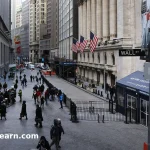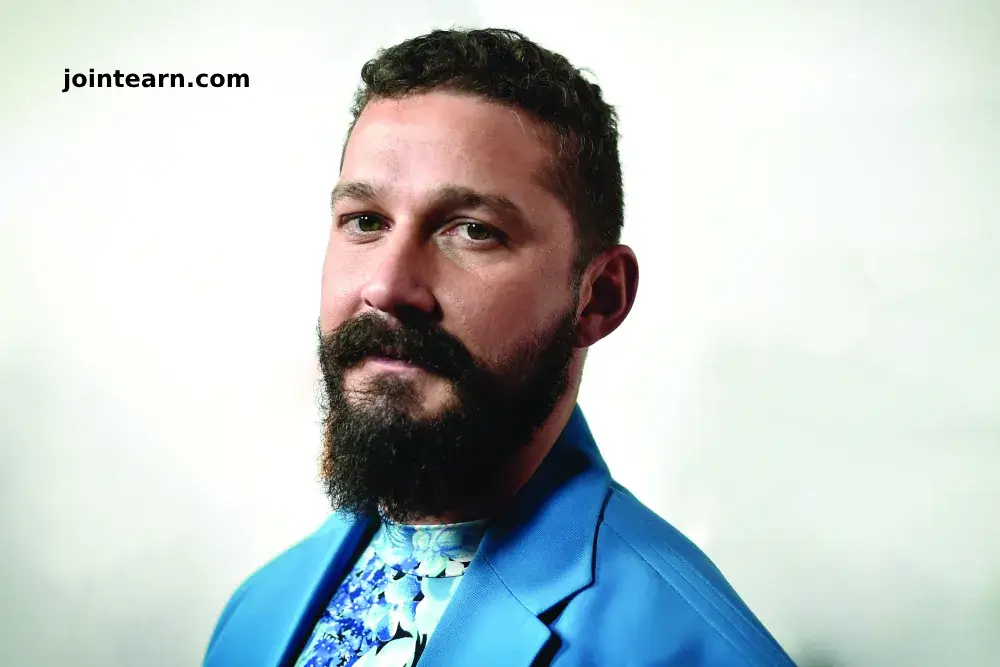In a revealing new documentary titled Slauson Rec, filmmaker Leo Lewis O’Neil explores the rise and fall of Shia LaBeouf’s experimental acting school, founded in 2018 at the Slauson Recreation Center in Los Angeles. The film, which is based on over 800 hours of footage, delves into LaBeouf’s controversial teaching methods, including instances of alleged physical violence. LaBeouf, who is aware of the documentary, has expressed his full support for the release, despite the contentious content.
O’Neil, who attended the school and documented its activities, explained in an interview with Vanity Fair that he captured footage of LaBeouf’s behavior over several years, even as the school dissolved in 2020 due to the COVID-19 pandemic. The documentary includes scenes of LaBeouf physically confronting students, notably an incident with a participant named Zeke. In the footage, LaBeouf is seen aggressively confronting Zeke, shouting and physically shoving him. Zeke later recounts the physical impact of the altercation, revealing bruises and scratches and reflecting on the experience as harmful and troubling.
The film also highlights LaBeouf’s broader teaching philosophy, which he introduced to the public through a 2018 Twitter video. In the video, LaBeouf invited anyone with a story to share to join him for weekly classes. Despite the unconventional nature of his approach, LaBeouf insists that he is proud of the progress made by his students, even as the documentary reveals the darker aspects of his leadership.
LaBeouf, who was sued by singer FKA Twigs for sexual battery, assault, and emotional distress shortly after the school’s closure, acknowledged the documentary and granted O’Neil permission to release it without interference. O’Neil emphasized that LaBeouf’s willingness to allow the unfiltered portrayal of his behavior underscores his vulnerability as an artist.
In a statement to Vanity Fair, LaBeouf explained, “I gave Leo this camera and encouraged him to share his vision and his personal experience without edit. While my teaching methods may be unconventional for some, I am proud of the incredible accomplishments these kids achieved. I wish only good things for Leo and everyone who was part of The Slauson Rec Company.”
The documentary raises questions about the boundaries of mentorship and leadership, with O’Neil acknowledging the abusive aspects of LaBeouf’s behavior. “Hurt people hurt people,” O’Neil commented, pointing out that LaBeouf’s actions reflect deeper personal struggles.
Despite the controversy surrounding LaBeouf’s leadership style, the documentary offers an unflinching look at the highs and lows of his unique approach to theater education. The release of Slauson Rec promises to spark conversations about the complexities of mentorship, personal accountability, and the blurred lines between art and abuse.












